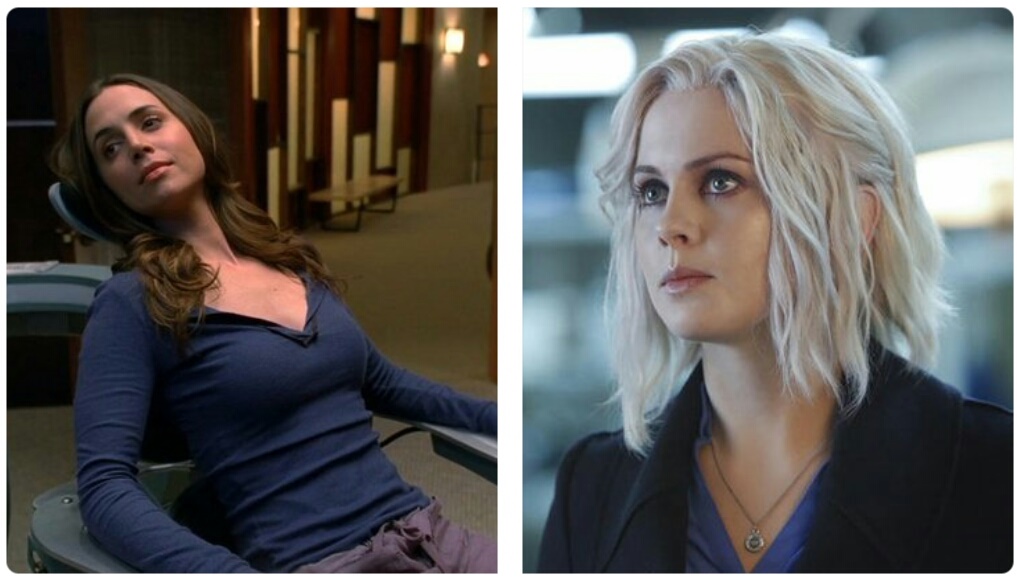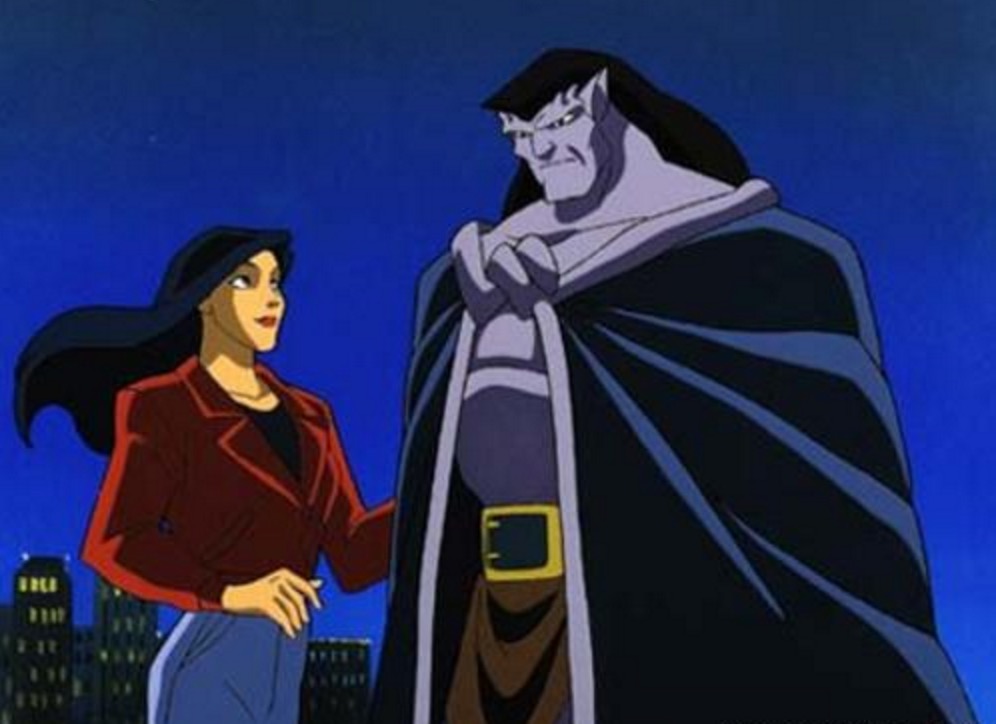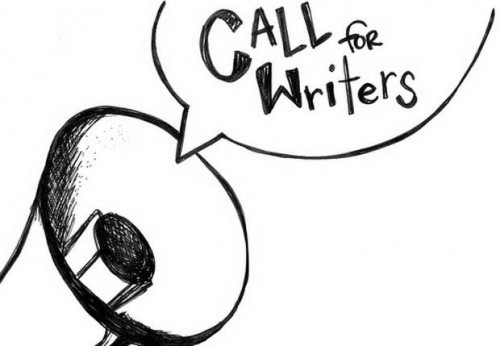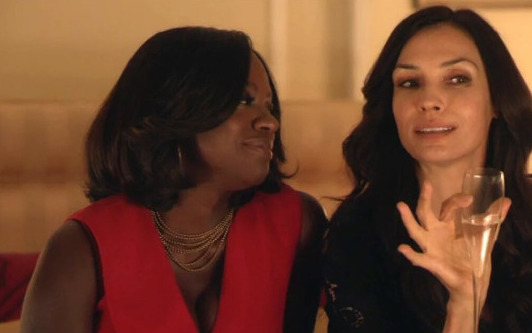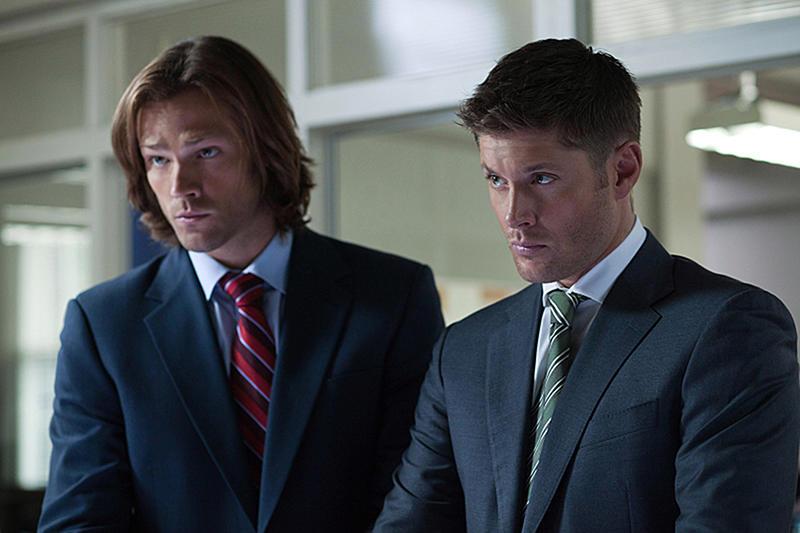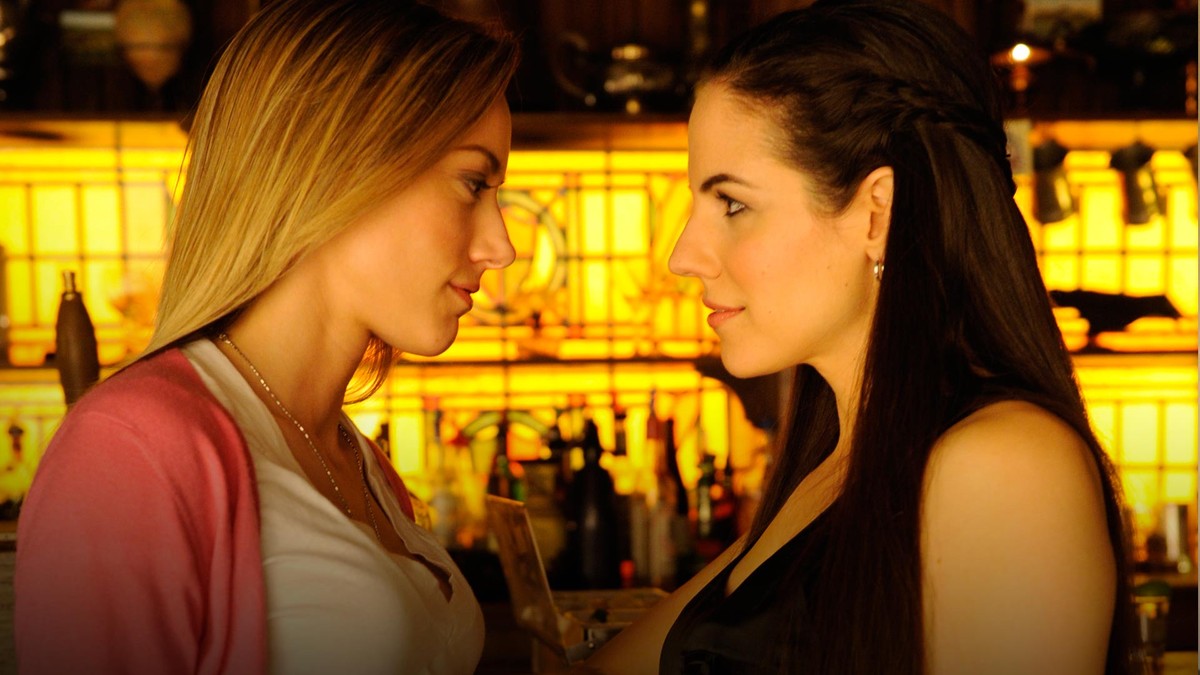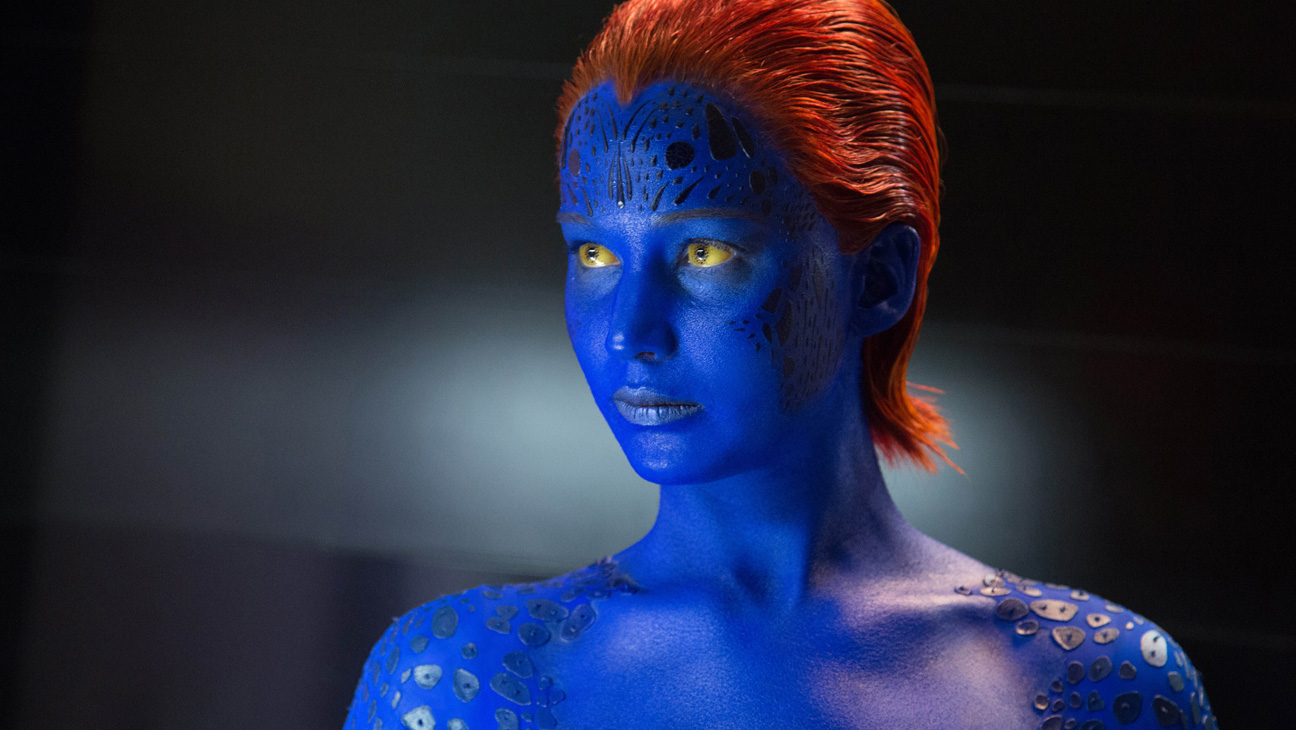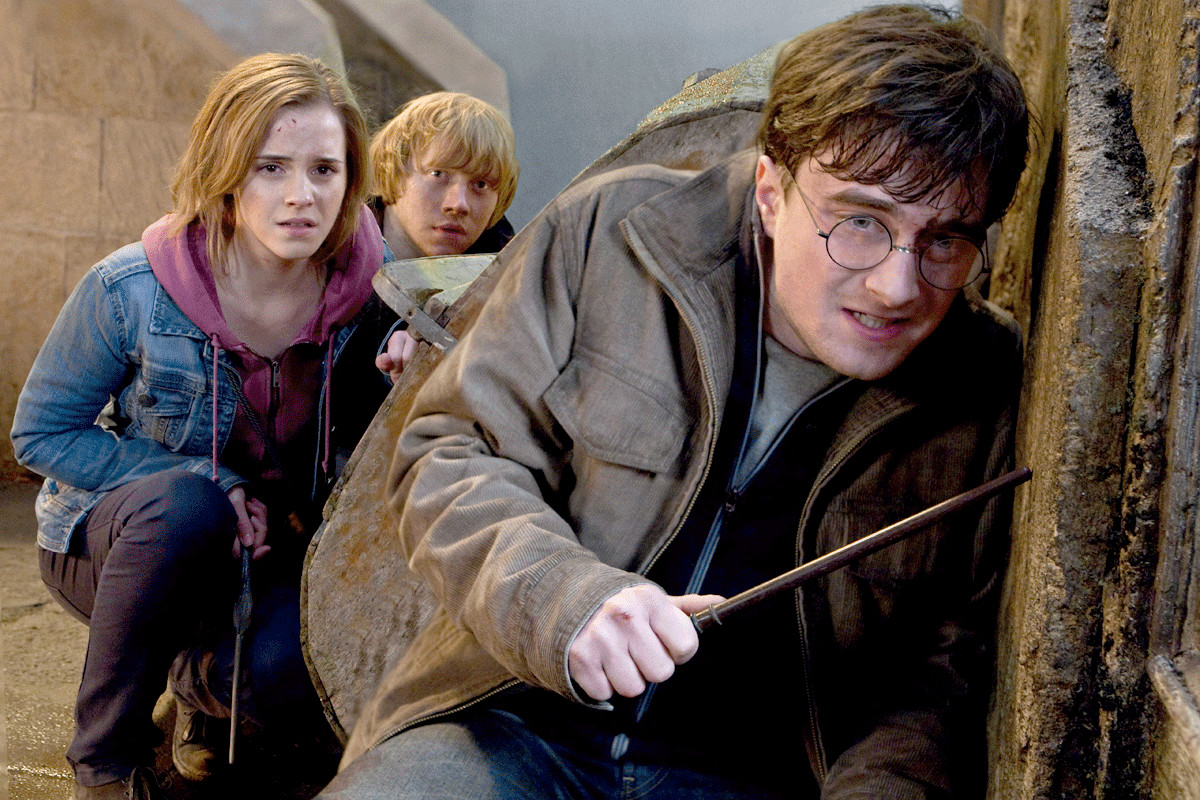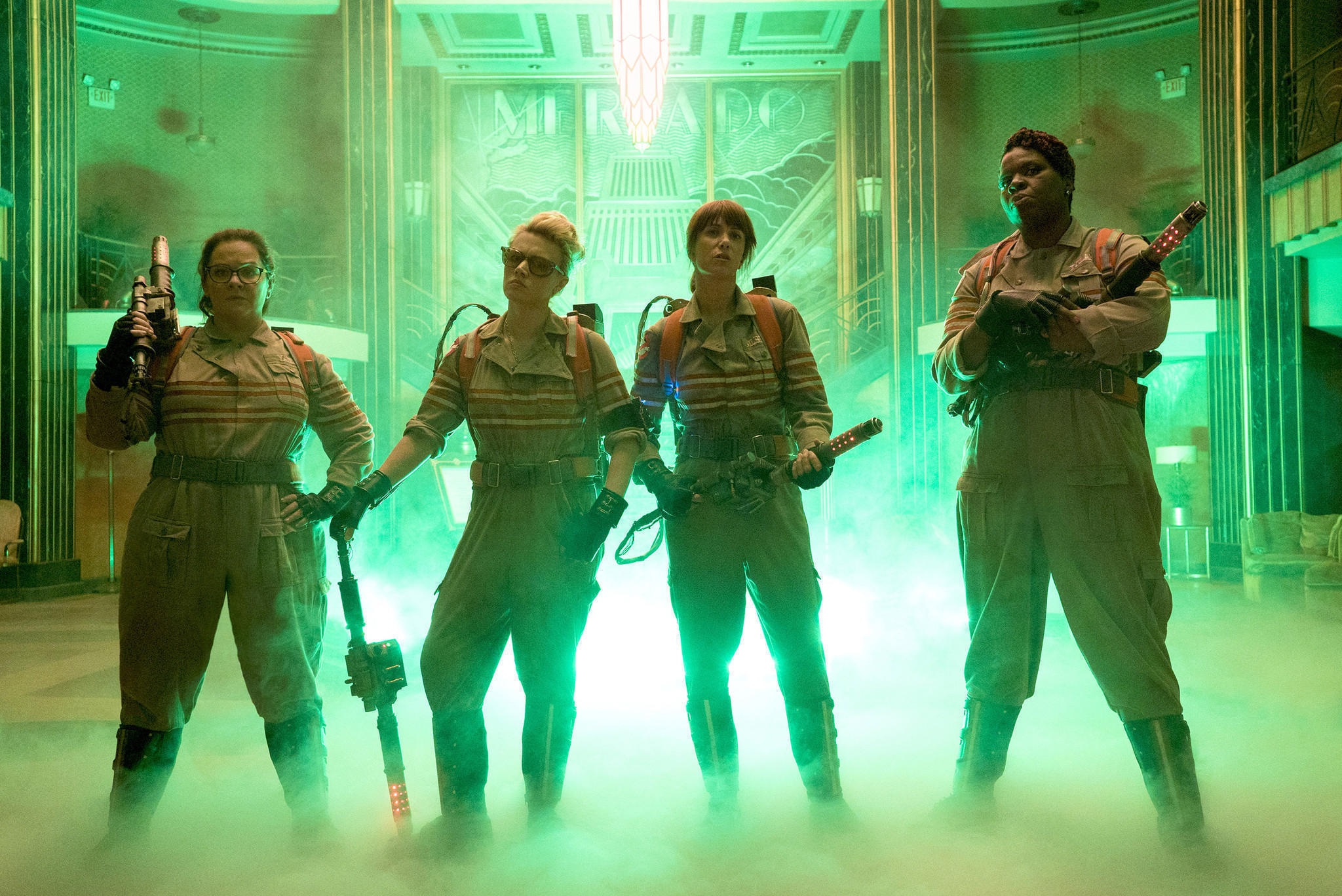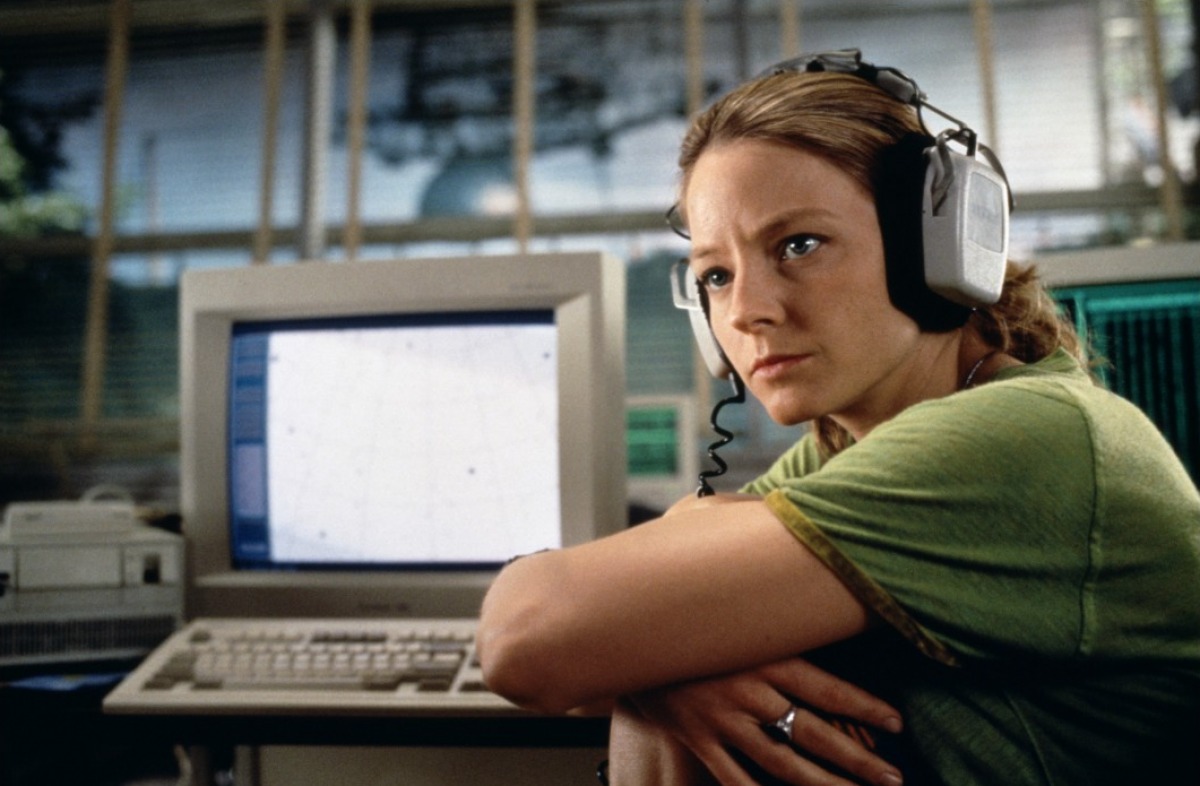The Chameleon Woman in ‘Dollhouse’ and ‘iZombie’: Personality Swapping and Agency
The problem presented by both ‘Dollhouse’ and ‘iZombie’ is that of the “Chameleon Woman.” Both Echo and Liv carry the metaphor of the expectation that women adapt based on the needs and desires of others. However, both TV series point to this societal issue with two very different takes.
